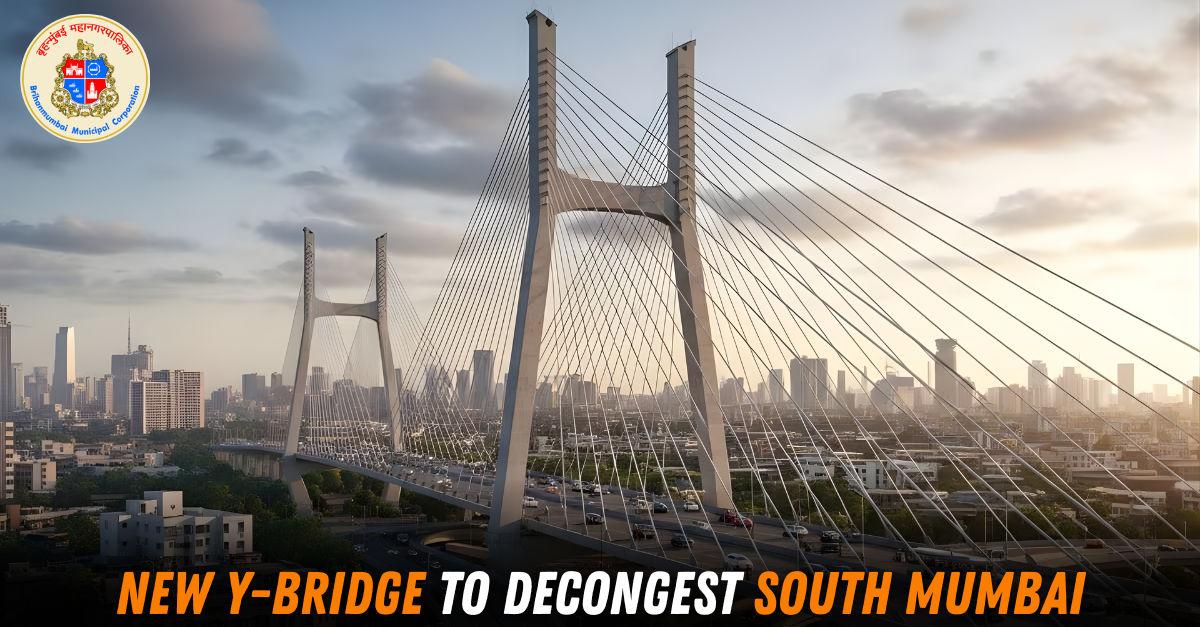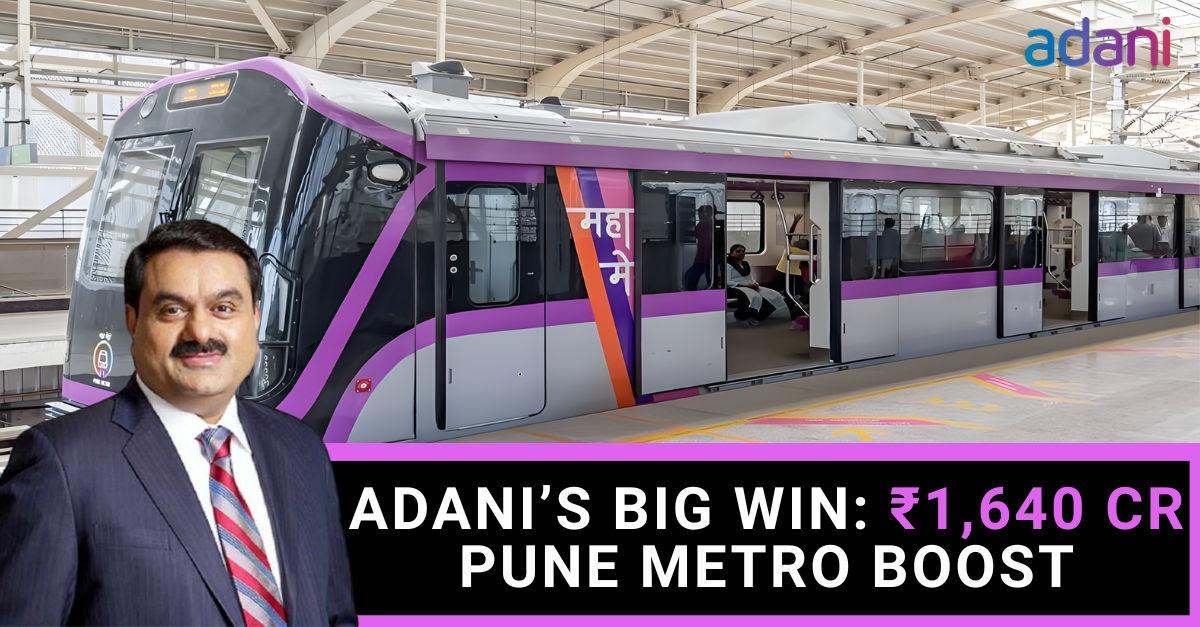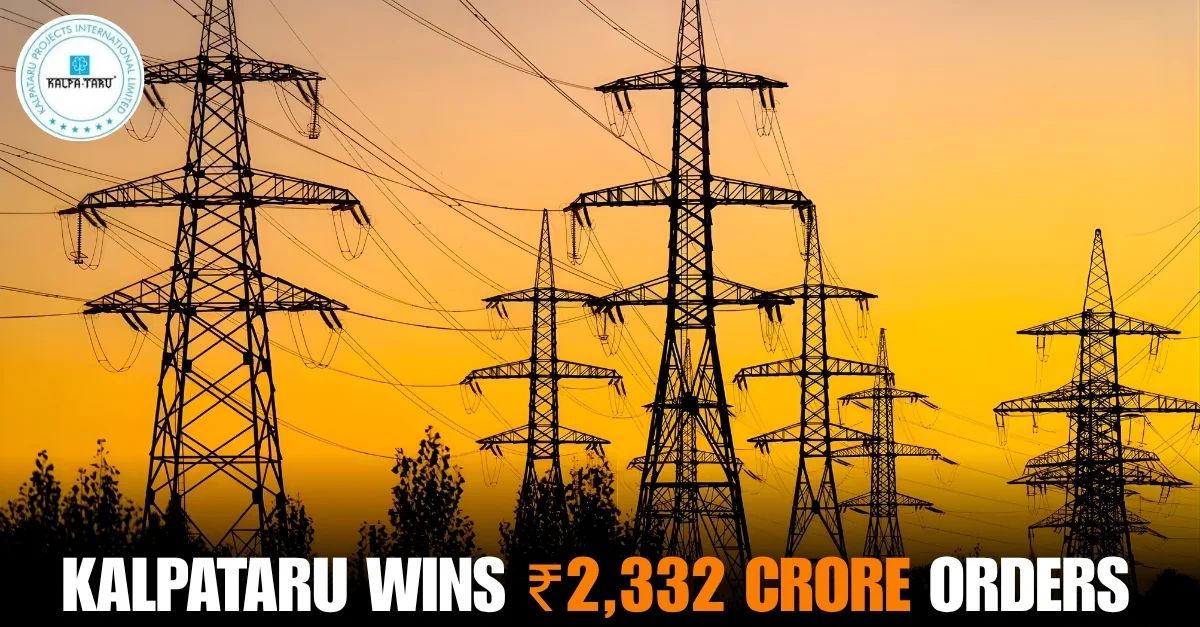The Karnataka Cabinet on May 22, 2025, gave the green light to a landmark infrastructure project aimed at addressing Bengaluru’s persistent traffic woes. The government approved the construction of a 16.7-kilometre underground tunnel road running from Esteem Mall at Hebbal Junction to Central Silk Board Junction in HSR Layout. With a projected investment of Rs 17,780 crore, this ambitious North-South Corridor tunnel is expected to provide significant relief to the city’s notorious traffic bottlenecks.
The project will be executed in two phases, featuring two to three lanes and multiple entry and exit points to facilitate smooth vehicular movement. According to Law Minister HK Patil, the tunnel construction is slated for completion within three years. Deputy Chief Minister DK Shivakumar added that the government plans to issue a global tender for the project, with procurement models under consideration including hybrid and BOOT (Build-Own-Operate-Transfer). The final procurement strategy will be determined after detailed technical assessments.
Addressing Bengaluru’s Traffic Challenge
Bengaluru’s traffic congestion has long been a significant concern, impacting daily commutes, economic productivity, and quality of life. The underground tunnel aims to provide an alternative route to ease surface-level traffic jams, especially along the key North-South traffic corridor.
However, the project has faced criticism from political opponents and experts. BJP MP PC Mohan questioned the government’s priorities, arguing that Bengaluru’s primary need remains the expansion of the Metro rail system rather than a costly tunnel. Mohan accused the state government of transferring Rs 9,729 crore of additional Metro Phase 2 costs to the Central Government, neglecting its financial obligations. He emphasized that according to the Memorandum of Understanding (MoU), cost escalations for Metro Phase 2 should be borne by the State Government.
Experts and environmentalists have also raised concerns about the tunnel construction’s potential environmental impact and risks such as exacerbating existing traffic congestion during the construction phase.
Comprehensive Solid Waste Management Overhaul
In addition to the tunnel project, the Cabinet approved a sweeping reform of Bengaluru’s solid waste management system. Moving away from the previous 98-package model implemented by the former BJP government, the new strategy reorganizes operations into 33 packages, aligned with each assembly constituency, plus two extra packages for larger constituencies.
This new framework places the responsibility for waste segregation, vehicle management, and construction waste handling on contractors, who will be selected through upcoming tenders. The government has allocated Rs 4,792 crore for this initiative, aiming to improve efficiency, accountability, and environmental outcomes in waste management.
Lease Payment Interest Waiver for Civic Amenity Sites
Further easing financial burdens, the Karnataka government approved a one-time interest waiver on pending lease payments for Civic Amenity (CA) site holders. This includes temples, fuel stations, and public institutions that had defaulted on their lease dues. Those eligible can now settle their outstanding payments within 120 days of the government order to avail of the waiver, encouraging prompt resolution of pending accounts.
The tunnel project, combined with waste management reforms and lease payment relief, represents the Karnataka government’s multi-pronged approach to urban challenges in Bengaluru. While ambitious, the success of these initiatives will depend on effective implementation, environmental safeguards, and ongoing public engagement.
.png&w=384&q=75)







